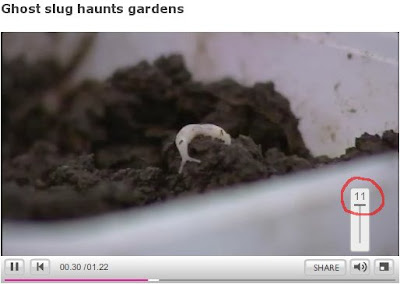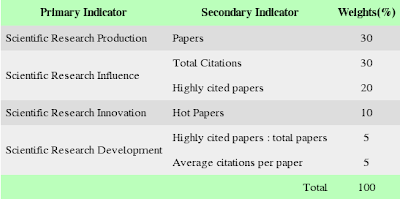"Creative Commons / FLOSS-style licensing too restrictive for scientific data"
This article takes the provocative (but well-argued) position that Creative Commons / FLOSS -type licensing applied to scientific data is too restrictive and that the default licensing model for this data should be that it be in the public domain. The arguments are quite convincing: I think I may be convinced... John Wilbanks. 2008. Public domain, copyright licenses and the freedom to integrate science . Journal of Science Communication 7 (2).

